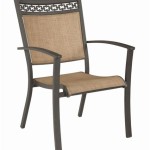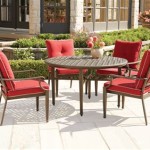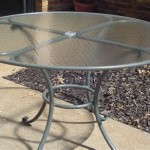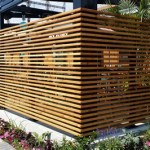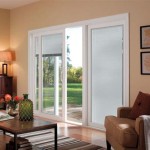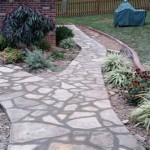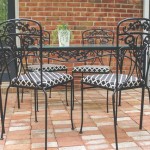Wooden Patio Covers: The Essential Elements
Wooden patio covers are a beautiful and practical addition to any home. They provide shade and shelter from the elements, extending your outdoor living space and increasing the value of your property. When choosing a wooden patio cover, there are several essential aspects to consider to ensure you get the best product for your needs and budget.
Material
The type of wood used for your patio cover will determine its durability, appearance, and cost. Common choices include cedar, redwood, spruce, and pine. Cedar and redwood are naturally resistant to decay and insects, making them more durable but also more expensive. Spruce and pine are less durable but more affordable options. The wood's grade also influences its quality and cost: higher grades indicate fewer knots and blemishes.
Design
The design of your patio cover should complement your home's architectural style and provide the desired level of coverage. Common designs include attached, freestanding, and retractable covers. Attached covers extend from the roof of your home, while freestanding covers are supported by posts. Retractable covers allow you to adjust the amount of shade you need, offering flexibility and convenience.
Size and Shape
The size and shape of your patio cover will depend on the area you want to cover and the available space. Measure the area carefully and consider how the cover will integrate with your outdoor furnishings and landscaping. Rectangular covers are the most common, but you can also opt for custom shapes to fit your unique needs.
Roofing
The roofing material for your patio cover can impact its durability, insulation, and appearance. Shingles and metal roofing are popular choices. Shingles are more traditional and affordable, while metal roofing is more durable and energy-efficient. The pitch of the roof will also influence the water drainage and overall aesthetic of the cover.
Installation
Proper installation is crucial for the long-term performance and safety of your wooden patio cover. It's best to hire a qualified contractor with experience in patio cover installation. They can ensure the cover is structurally sound, watertight, and compliant with local building codes. DIY installation can save money but requires proper planning and expertise.
Maintenance
Like any outdoor structure, wooden patio covers require regular maintenance to preserve their beauty and functionality. This includes cleaning, staining, or sealing the wood periodically to protect it from the elements. Inspect the cover regularly for any signs of damage or wear and make necessary repairs promptly. Proper maintenance will extend the lifespan of your patio cover and minimize the need for costly repairs.
By considering these essential aspects, you can choose the perfect wooden patio cover that meets your specific requirements and enhances your outdoor living experience. It will provide years of shade, shelter, and beauty, adding value and enjoyment to your home.

12x12 Patio Cover Kit Order A Wood Pergola From Depot

Reasons There Are Various Types Of Patio Cover Designs Decorifusta Pergola Outdoor

Solid Wood Patios Cover Kits Discover Ideas For Free Standing Patio Covers Pergola Depot

Wooden Gable Patio Covers Nortex Fence

Cedar Wood Archives Hhi Patio Covers

Diy Patio Cover Plans Israel

Patio Covers Landmark Custom Exteriors

Patio Cover Plans Wood S Creative Builders

57 Stunning Patio Roof Ideas To Transform Your Outdoor Space Covered Design Backyard

Patio Cover Kits Pre Designed Covers
Related Posts

